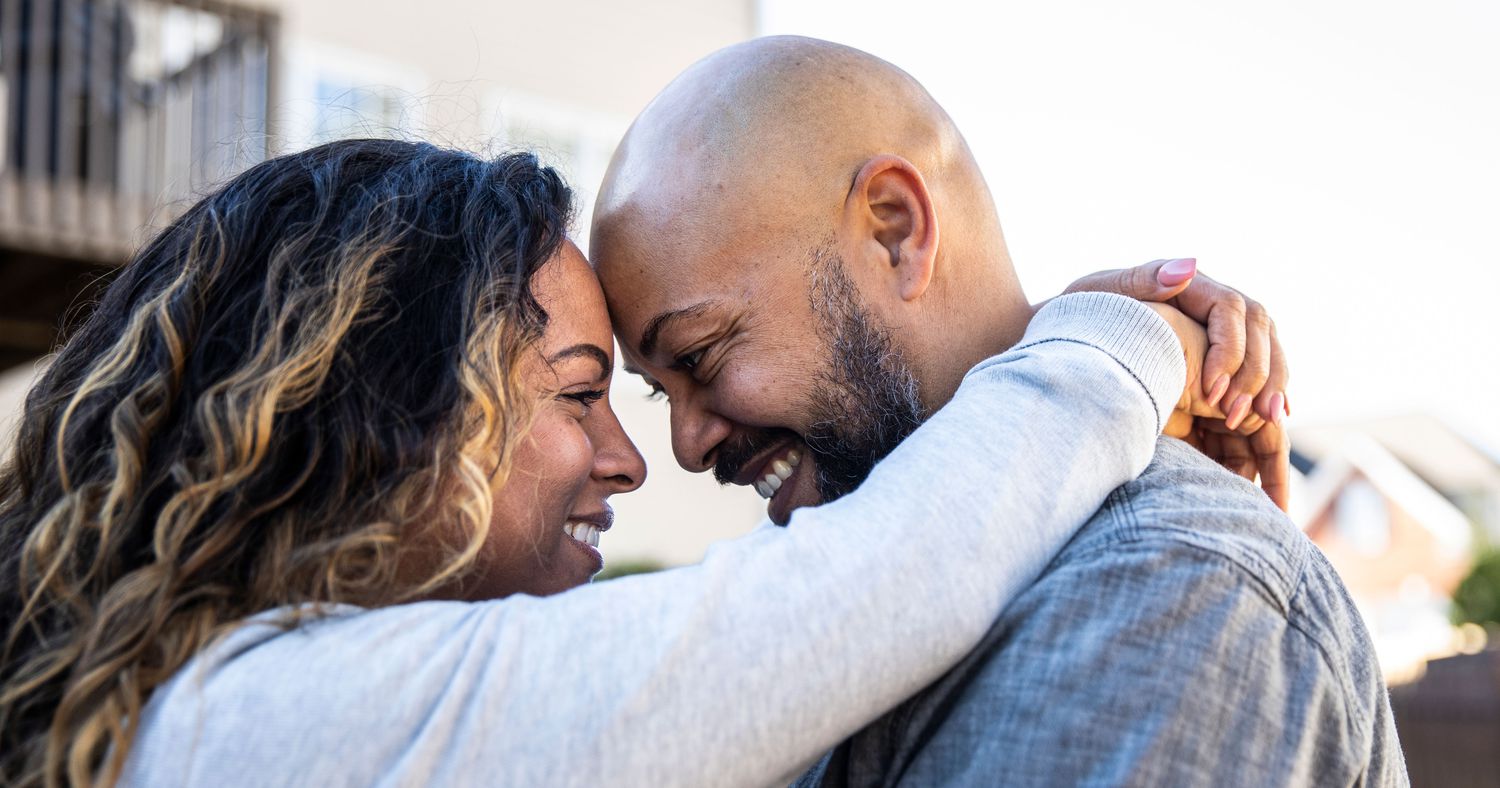A good relationship brings companionship, fulfillment, and growth. But creating and sustaining such a connection calls for ongoing care, empathy, and effective communication. Love is more than a feeling — it’s a skill and a commitment that partners nurture over time.
Drawing on advice from relationship experts and insights from couples with successful partnerships, this article explores practical tips on how to have a good relationship. These strategies foster trust, intimacy, and mutual respect, helping couples navigate life’s joys and challenges together.
Communicate Openly and Honestly
Open communication forms the foundation for any healthy relationship. Partners need to feel safe sharing feelings, fears, desires, and concerns without judgment or dismissal.
Experts recommend:
-
Expressing thoughts with clarity and kindness using “I” statements.
-
Practicing active listening by giving full attention and verifying understanding.
-
Sharing regularly beyond crisis moments to maintain emotional connection.
Being transparent reduces misunderstandings, builds trust, and fosters emotional safety.
Make Time to Connect Regularly
Quality time together strengthens bonds. In busy lives, it’s essential to prioritize moments of connection, whether through date nights, shared meals, walks, or hobbies.
Simple rituals like morning coffee together or device-free dinners anchor the relationship and build intimacy.
Appreciate and Celebrate Each Other
Frequent expressions of gratitude and appreciation deepen affection. Recognize and verbally acknowledge your partner’s efforts and qualities.
Celebrating milestones and ordinary moments cultivates positivity and goodwill.
Build Trust and Be Reliable
Trust grows from consistent honesty, integrity, and reliability. Keep promises, share openly, and honor boundaries.
Trust creates emotional safety essential for vulnerability and intimacy.
Respect Differences and Foster Autonomy
Healthy relationships embrace individuality. Respect your partner’s opinions, boundaries, and interests.
Support personal growth and maintain a balance between intimacy and independence.
Manage Conflict with Empathy and Patience
Disagreements are normal. How couples navigate conflicts differentiates healthy from harmful relationships.
-
Address issues calmly with empathy.
-
Listen more than argue.
-
Avoid contempt and personal attacks.
-
Collaborate on solutions.
-
Apologize and forgive sincerely.
Effective conflict resolution strengthens rather than erodes connection.
Keep Physical and Emotional Intimacy Alive
Intimacy nourishes satisfaction and security. Express affection, communicate desires, and share emotions openly.
Non-sexual touch such as hugs, holding hands, and kisses deepen emotional bonding.
Support Each Other’s Mental and Emotional Well-being
Partners act as emotional safe havens. Checking in on feelings and stress, offering encouragement, and seeking help if needed builds resilience.
Supporting mental health individually and together fosters nurturing care.
Be Playful and Find Joy in Togetherness
Humor and playfulness relieve stress and rejuvenate love. Engage in activities that bring laughter and fun.
Positive shared experiences renew emotional connection.
Plan a Shared Future
Aligning on goals and values provides direction and cohesion. Discuss aspirations and make joint plans accordingly.
Mutual vision motivates cooperation and strengthens partnership.
Read More: Healthy Relationship Tips: How to Have a Good Relationship
Summary
Having a good relationship involves ongoing commitment to communication, trust, respect, appreciation, intimacy, conflict management, and shared joy.








[…] Read More: How to Have a Good Relationship: Expert Advice for Lasting Love and Connection […]